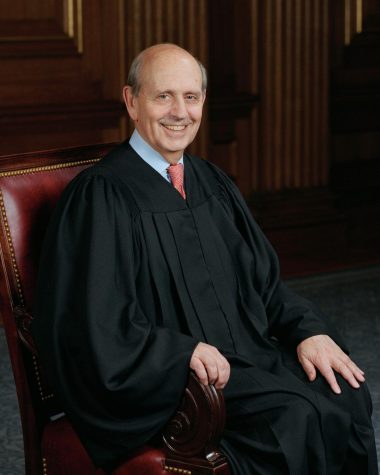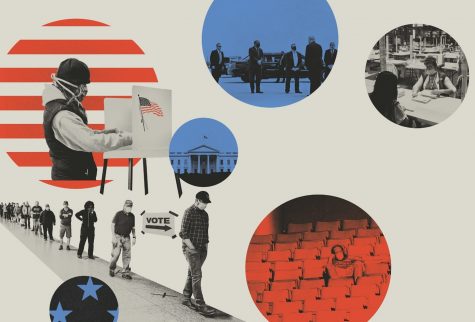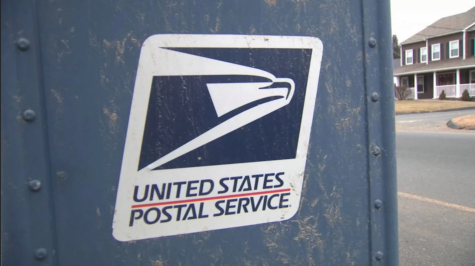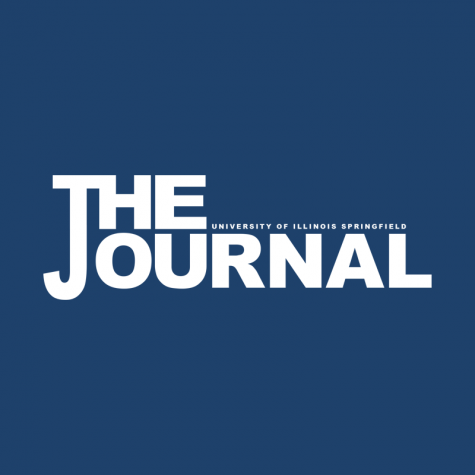WEED LOUNGES, HARMON, & ERRORS: OH MY!
A few events pertaining to legislation and politics have taken place over the past month that may affect students, faculty and staff in Springfield. Here are some things to keep in mind as the Illinois general primary election slowly approaches:
Illinois Supply and Provisions, a marijuana dispensary in downtown Springfield, has recently been approved by the state to open the first public smoking lounge in Illinois. Despite its legalization, marijuana consumption is heavily regulated and controlled by state law. People are not allowed to smoke in public areas, around churches and parks, on federal property or in privately owned places – municipalities, apartment complexes, and hotels that forbid its use. With this in mind, Illinois Supply and Provisions offers an alternative for those who would like to partake but do not have property on which to legally do so. It is unclear when this lounge will be open to customers.
On January 19, Democratic senator Don Harmon – who worked with former Senate president John Cullerton and former U.S. President Barack Obama – was elected as Illinois’ new Senate president. Harmon wants to help eliminate corruption at the hands of state officials, especially financially motivated crimes such as embezzlement and bribery. He will be taking on issues pertaining to statewide debt, taxes, revising the legislative district map, and job proliferation, among others.
J.B. Pritzker continues to acknowledge the crookedness of Springfield incumbents and the system that allowed their scandals to take place. Some observers claim that Pritzker’s bark is a lot more effective than his bite, meaning that he has done little in the way of ethical reform since his inauguration. With new Senate president Harmon being such a passionate advocate for the reform of campaign finances, his induction into office may incite changes that target corruption at the hands of state officials.
Ex-Governor Bruce Rauner’s automatic voter registration system inadvertently registered almost 600 documented, non-U.S. citizens to vote, despite them being ineligible. Nathan Haddox, the Secretary of State’s senior legal advisor, attributes this mistake to a “programming error.” Others, such as House members requesting a House Committee hearing over these events, believe that there was a “lack of compliance with state law.” No matter what the catalyst was, there will be a bipartisan effort to eliminate such errors in the future. Constituents should consider the effect this might have on the upcoming election.
Citizens may register to vote until the deadline of Tuesday, February 18. One can register online, however, by February 29. Early voting begins on March 2 and continues through March 16. Election day is March 17.












